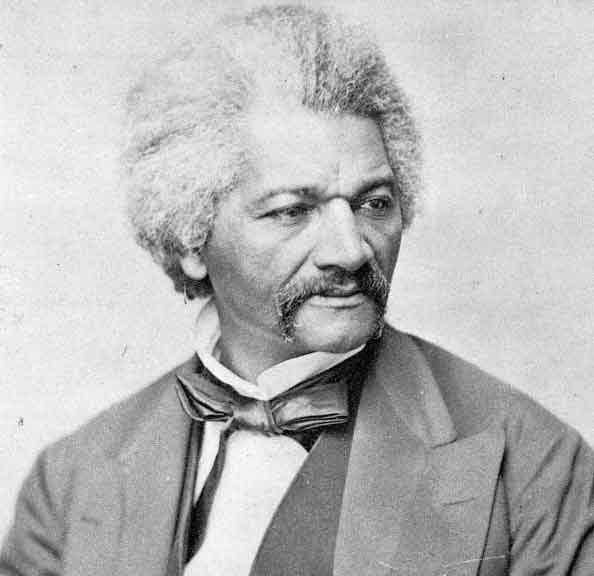DouglasS, Frederick

Abolitionist
(1817-1895)
Frederick August Washington Bailey was born in Tuckahoe, near Easton, Maryland. Born into slavery, he was taught to read and write as a child despite the laws against such education for slaves. Bailey escaped from a shipyard in Baltimore in 1838, and changed his name to Frederick Douglass to avoid capture. Douglass settled in Bedford, Massachusetts, and became an agent of the Massachusetts Anti-Slavery Society. He became a great orator, and editor of the Rochester "North Star," an anti-slavery weekly newspaper which he published for 16 years. During a lecture tour in Great Britain in the 1840s, he was able to raise enough money to buy his freedom. Douglass took part in the 1848 Seneca Falls Convention, which formally began the nation movement for women's rights in the United States. In the 1850s, Douglass advised John Brown against his plans for a widespread slave rebellion, considering the plans to be impractical, as events later confirmed. During the Civil War, Douglass recruited troops for the US Army, and advised the Lincoln administration to allow African Americans to serve in the armed forces. After the war, Douglass actively promoted Reconstruction policies that would guarantee the right to vote, regardless of race. he was appointed Marshal of the District of Columbia, Recorder of Deeds for the District and US minister to Haiti. Among Douglass' works are "The Narrative of the Life of Frederick Douglass" (1845) and "Life and Times" (1881). Douglass died in 1895.
 >
>